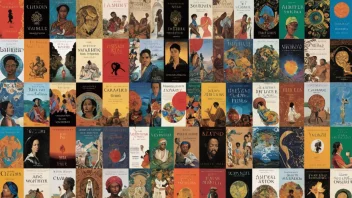Addiction is a complex and multifaceted issue that affects millions of people worldwide. While fiction can provide emotional resonance, non-fiction literature serves as a critical tool for understanding the intricate realities of addiction. This article explores the role of non-fiction in shedding light on addiction, offering insights into its causes, effects, and the paths to recovery.
Non-fiction books about addiction often delve deep into the human experience, providing personal narratives that resonate with readers. These narratives can be both informative and therapeutic, helping to destigmatize addiction and promote empathy. For example, memoirs such as Beautiful Boy by David Sheff and Girl, Interrupted by Susanna Kaysen offer poignant insights into the struggles of addiction and recovery. By presenting real-life stories, these authors connect with readers on a personal level, making the subject more relatable and understandable.
Moreover, non-fiction works often provide a wealth of research and data that can help readers comprehend the scientific and psychological underpinnings of addiction. Books like The Recovery Book by Al Mooney offer comprehensive guides to the recovery process, combining personal stories with expert advice and research findings. This blend of narrative and information empowers readers with knowledge, fostering a deeper understanding of addiction as a disease rather than a moral failing.
In addition to personal narratives and scientific research, non-fiction literature also explores the broader societal implications of addiction. Authors like Johann Hari in Chasing the Scream examine the systemic issues contributing to addiction, such as poverty, trauma, and social isolation. By framing addiction within a larger social context, these works encourage readers to consider how societal changes might alleviate the issue. This perspective can inspire advocacy and action, prompting readers to engage in conversations about prevention and recovery on a community level.
Furthermore, non-fiction literature often highlights the importance of support systems in recovery. Works such as Codependent No More by Melody Beattie emphasize the role of family and friends in the healing process, shedding light on the impact of co-dependency and enabling behaviors. Understanding these dynamics can help loved ones provide better support and foster healthier relationships.
In conclusion, non-fiction plays an essential role in understanding addiction by providing valuable narratives, research insights, and societal context. Through personal stories, scientific exploration, and discussions of support systems, readers can gain a multifaceted understanding of addiction. This knowledge fosters empathy, encourages community engagement, and ultimately contributes to a more informed dialogue about addiction and recovery.






